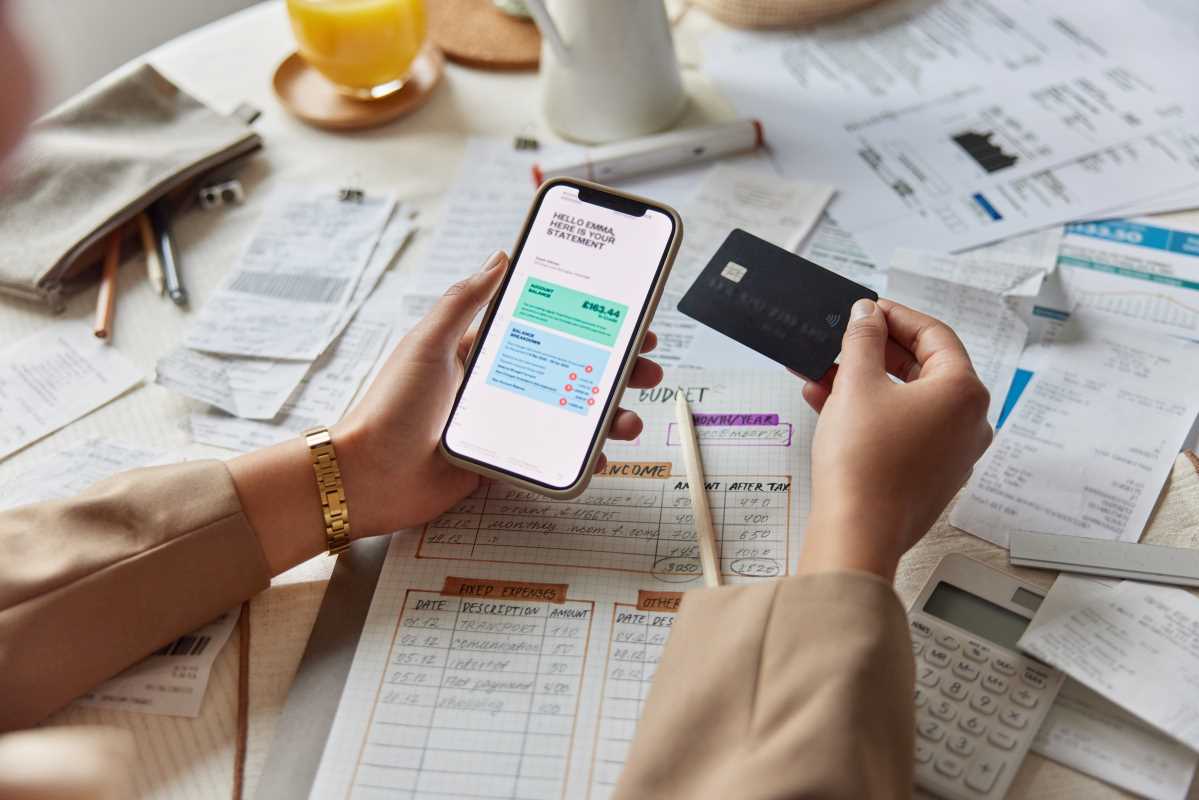When money is tight, managing your finances can feel overwhelming. However, adopting practical budgeting strategies can help you regain control and find financial peace. Here's a comprehensive guide on how to budget effectively when funds are limited, including creating a budget, prioritizing expenses, cutting unnecessary costs, and finding ways to save money.
Creating a Budget
Assess Your Income and Expenses: Start by listing all sources of income, including salaries, part-time jobs, or side hustles. Next, document your monthly expenses. This includes fixed costs like rent, utilities, and insurance, as well as variable expenses like groceries, dining out, and entertainment.
- Calculate Net Income: Subtract your total expenses from your total income. This will help you understand your financial standing and highlight areas needing improvement.
- Set a Realistic Budget: Based on your evaluation, set a budget that aligns with your income while covering all necessary expenses. Make sure it's realistic, so it's easier to stick to.
- Prioritizing Expenses
- Identify Essentials: Prioritize essential expenses such as housing, utilities, groceries, and transportation. These are non-negotiable and should be covered first in your budget.
- Evaluate Subscription Services: Review subscriptions and memberships. Determine which ones you truly need and cancel the rest. This can free up additional funds for more critical expenses.
- Adjust Lifestyle Choices: Temporarily forego luxuries such as dining out, premium cable, or frequent shopping sprees. Redirect these funds towards more pressing financial obligations.
Cutting Unnecessary Costs
- Reduce Utility Bills: Implement energy-saving practices to reduce electricity and water bills. Simple actions like turning off lights when not in use or fixing leaky faucets can make a significant difference.
- DIY and Home Cooking: Prepare meals at home instead of eating out. Not only is it healthier, but it also saves a substantial amount of money. Experiment with budget-friendly recipes and bulk cooking to maximize savings.
- Shop Smart: Use coupons and look for sales when shopping for groceries. Consider generic brands, which often offer the same quality at a lower price.
Finding Ways to Save Money
- Emergency Fund: Even when money is tight, try to set aside a small amount each month for an emergency fund. This acts as a financial buffer for unforeseen expenses.
- Automate Savings: Set up automatic transfers from your checking account to your savings account. This ensures you save a portion of your income consistently without relying on willpower alone.
- Explore Side Hustles: If time allows, consider taking on a side gig. Whether it's freelance work, tutoring, or driving for a ride-share service, additional income can help ease financial stress.
Tracking Spending
- Keep a Spending Journal: Document every expenditure to identify spending patterns. This helps in recognizing areas where you can cut back further.
- Regular Budget Reviews: Set aside time each month to review your budget. Assess whether you’re sticking to it and make necessary adjustments based on any changes in income or expenses.
- Use Cash for Daily Expenses: Withdraw a set amount of cash each week for discretionary spending. Once it’s gone, resist the urge to dip into your bank account. This physical limit can help curb unnecessary purchases.
- Setting Financial Goals
- Short-term and Long-term Goals: Define what you want to achieve financially in the short term (paying off debts) and long term (buying a home). Having clear goals can motivate you to adhere to your budget.
- SMART Goals: Ensure your goals are Specific, Measurable, Achievable, Relevant, and Time-bound. For example, aim to save $500 for a vacation within six months by setting aside $85 per month.
- Celebrate Milestones: Recognize and reward yourself when you reach a goal. This could be as simple as a small treat or a day off to rejuvenate.
Using Budgeting Tools or Apps
- Leverage Technology: Utilize budgeting apps like Mint, YNAB (You Need A Budget), or EveryDollar to track and manage your finances. These tools offer insights into spending habits and can automatically categorize expenses.
- Set Alerts and Reminders: Use app features to set alerts for bill payments or when you're nearing your budget limits. This prevents overspending and keeps you accountable.
- Link Accounts: Some apps allow you to connect your bank accounts for real-time tracking. This feature provides a clear overview of your financial health at any given moment.
Managing money during tough times is challenging but not impossible. By creating a realistic budget, prioritizing essential expenses, cutting unnecessary costs, and finding ways to save, you can navigate financial hardships more effectively. Remember to track your spending, set clear financial goals, and utilize budgeting tools to stay on track. With diligence and persistence, these strategies can help you maintain control over your finances and achieve greater financial security.
 (Image via
(Image via





